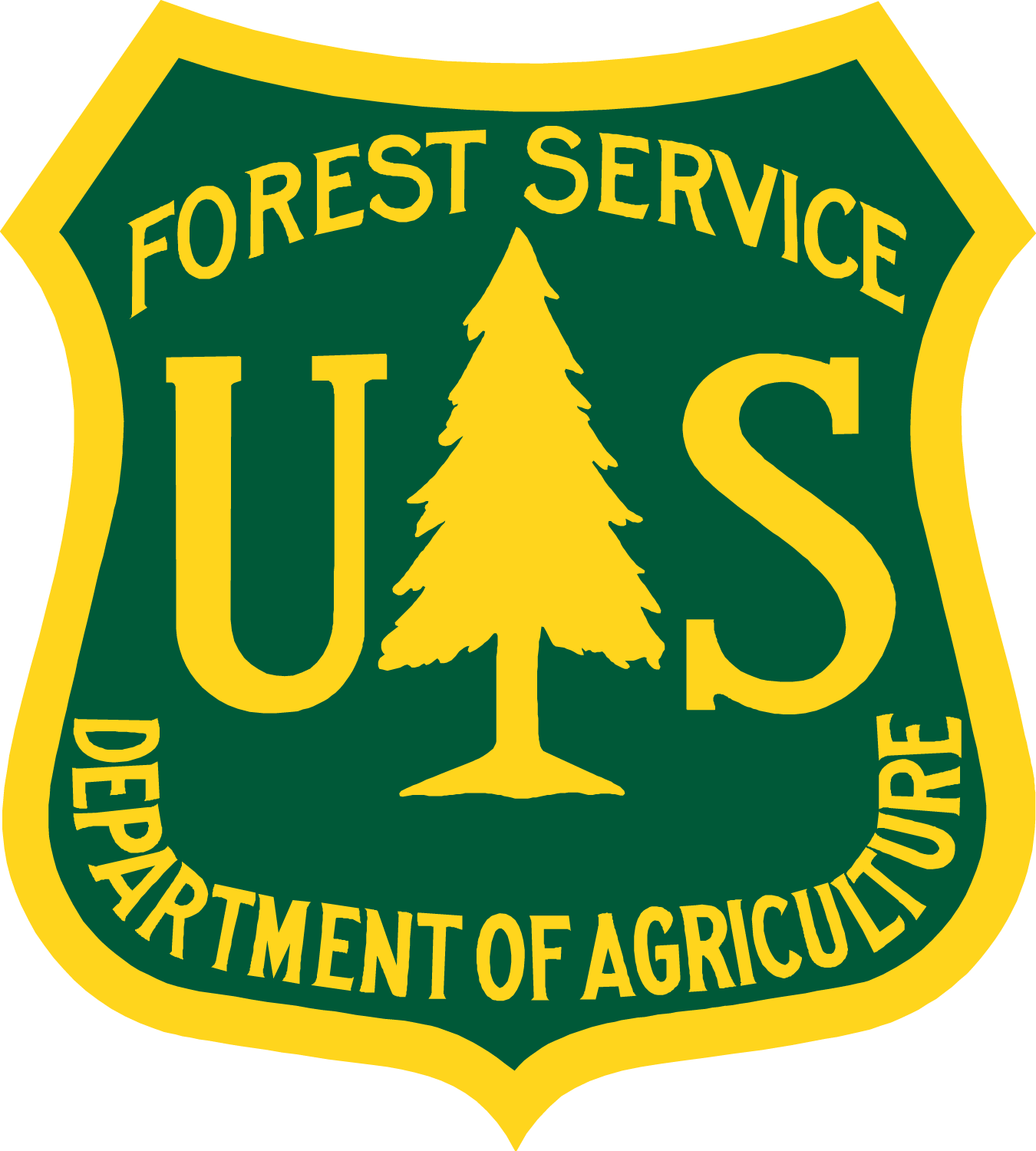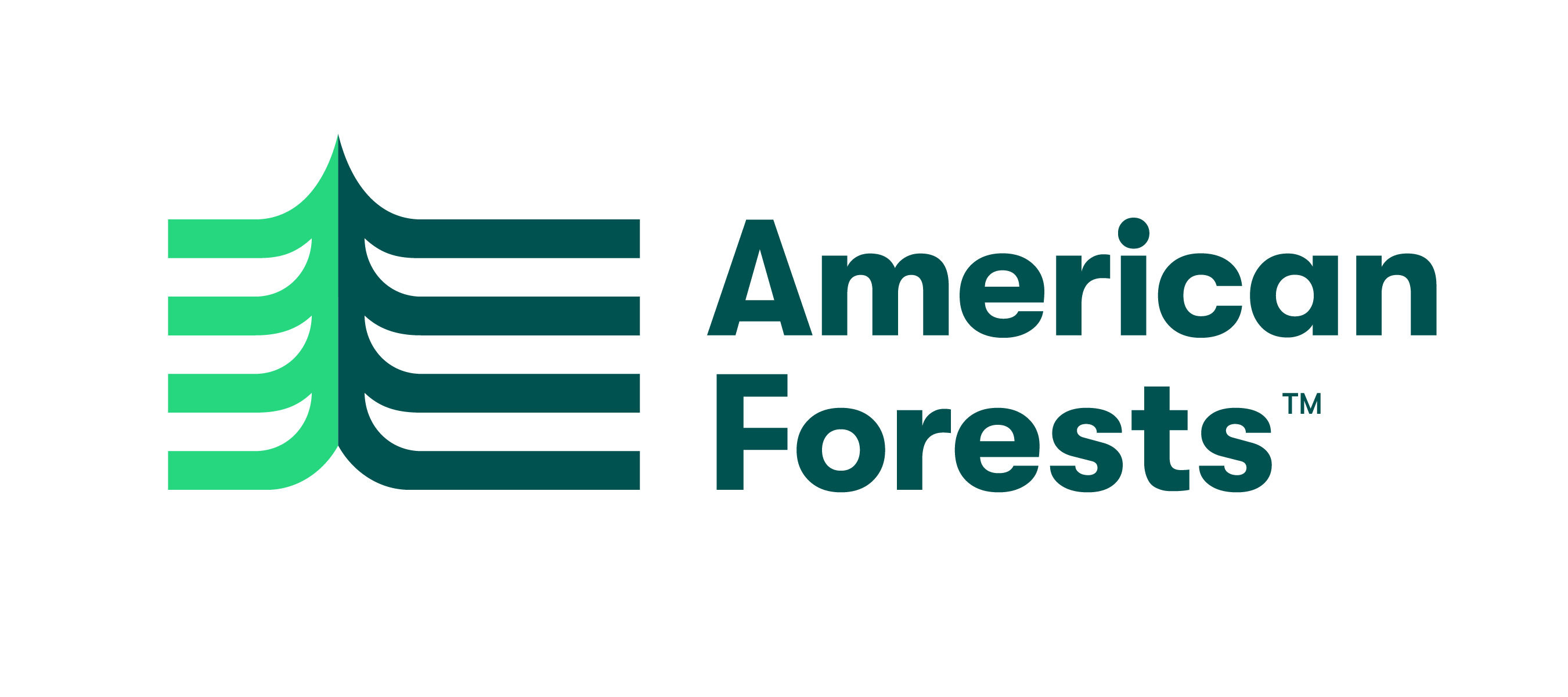Hydrologists usually display the INVESTIGATIVE Occupational Personality Type.
Hydrologists study how different forms of water are cycled through the atmosphere and on land. They observe how water moves across and below the Earth’s surface, to the atmosphere and back to Earth’s surface to effectively solve environmental issues relating to water. They collect samples to test for specific water and soil properties and analyze data to determine the impacts of pollution, erosion, runoff, drought and other environmental issues. Hydrologists use their expertise to solve problems concerning the quality and quantity of water by analyzing how the natural environment and human activity influence water. Data they collect is used to create hydrologic models that predict trends that assist in better understanding, predicting and managing water resources.
Pathway 1: Water Quality/Protection Specialist
Water quality/protection specialists manage and coordinate activities such as field data collection of water samples, laboratory testing to ensure water quality meets standards and provides guidance to ensure the protection and preservation of water resources from contamination.
- Education: For entry-level positions, a minimum of an associate degree from an accredited college or university in natural resources, environmental sciences, hydrology, geosciences, engineering, earth sciences or other related field.
- Exam: While not a requirement, the Water Quality Association Certification builds credibility with clients and employers, helping you to advance in the field.
Pathway 2: Surface/Groundwater Hydrologist
Surfacewater Hydrologists study water that flows across Earth’s surface and the distribution of water from aboveground sources such as streams, lakes and rivers. Groundwater Hydrologists study water below the Earth’s surface such as aquifers, springs and wells.
- Education: For entry-level positions, a minimum of a bachelor’s degree from an accredited college or university is typically needed.
- Exam: The Professional Hydrology Certification is voluntary but it assists with your advancement in the field and demonstrates that you have the academic qualifications, necessary work experience, and have mastered essential skills to ensure regulations and water quality assurance requirements are met.
Pathway 3: Research Hydrologist
Research Hydrologists analyze how the different states of water influence the environment and use their expertise to address how those changes impact the availability and quality of water, water contamination, drought, flooding, erosion and other environmental issues.
- Education: Typically need a minimum of a bachelor’s degree for entry-level positions but most positions require a master’s or doctoral degree.
- Experience:
- Teaching hydrology related courses at a post-secondary institution.
- Developing research plans for water quality studies in varied landscapes.
- Installing, cleaning, calibrating, operating and maintaining data telemetry and water quality data collection and monitoring equipment.
- Selecting and modifying appropriate hydrologic models.
- Conducting quality control exercises of field data sets collected in water quality studies.
- Using data management software to efficiently and effectively manage continuous water quality data.
- Researching methods to minimize negative impacts of erosion, sedimentation and/or pollution on the environment.
- Writing scientific reports and peer-reviewed manuscripts that document results, analysis, and interpretation of hydrologic data.

